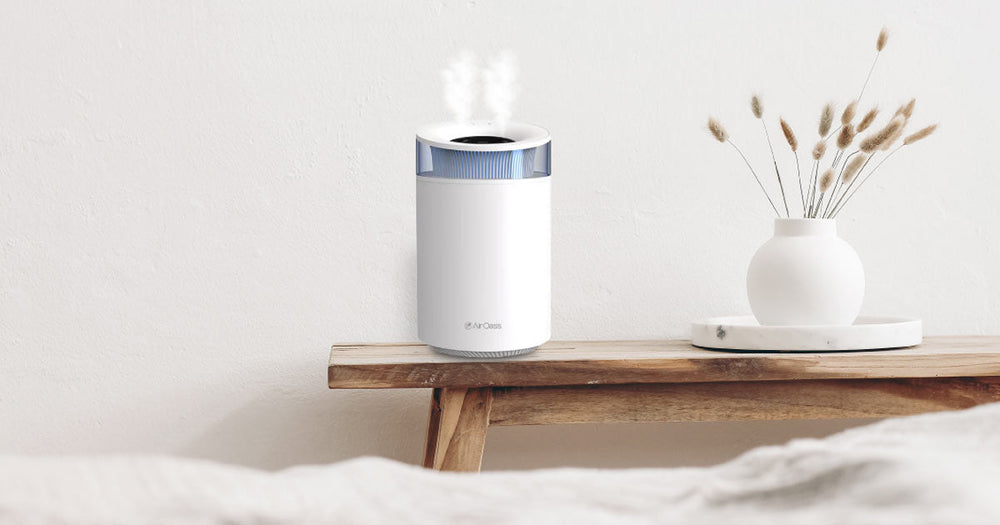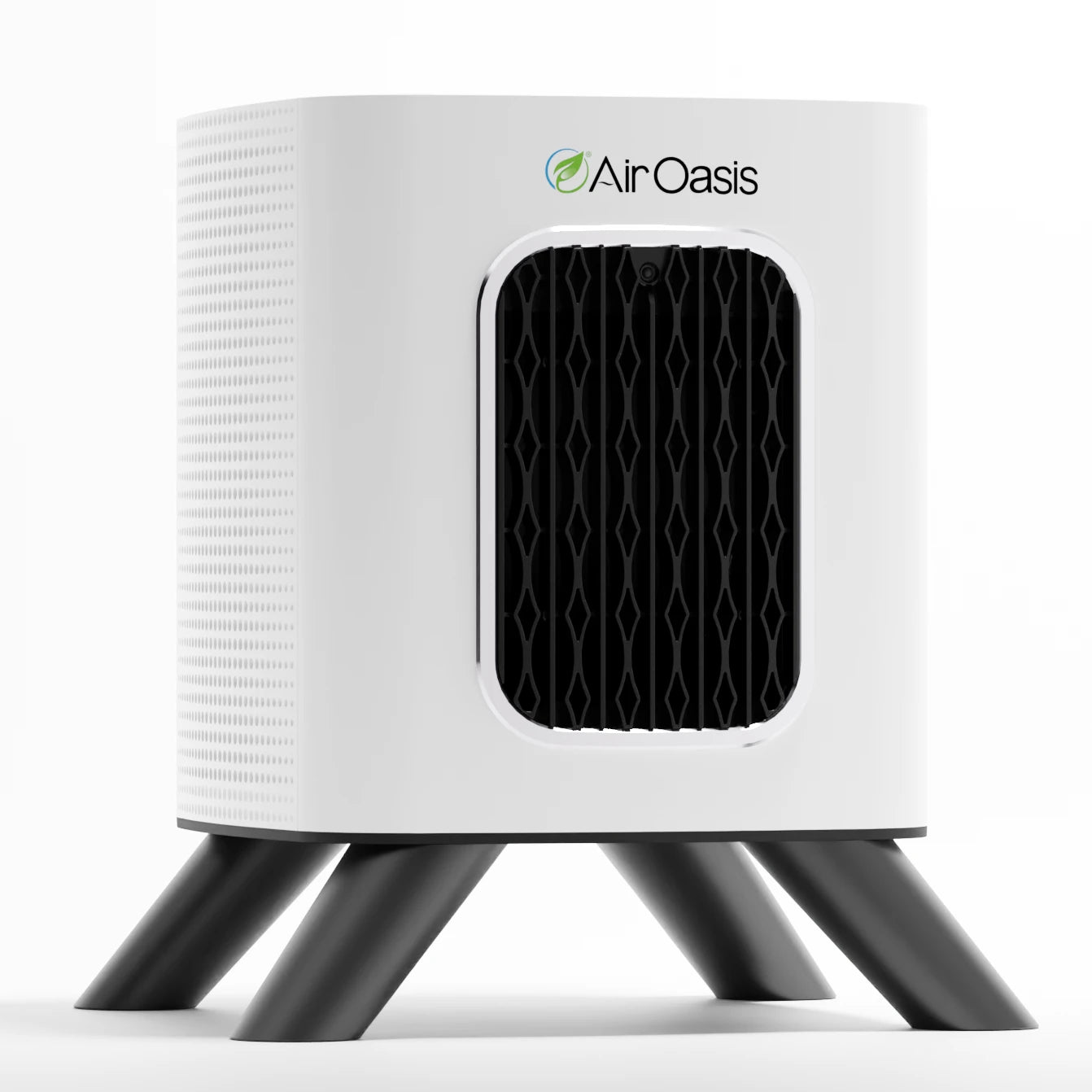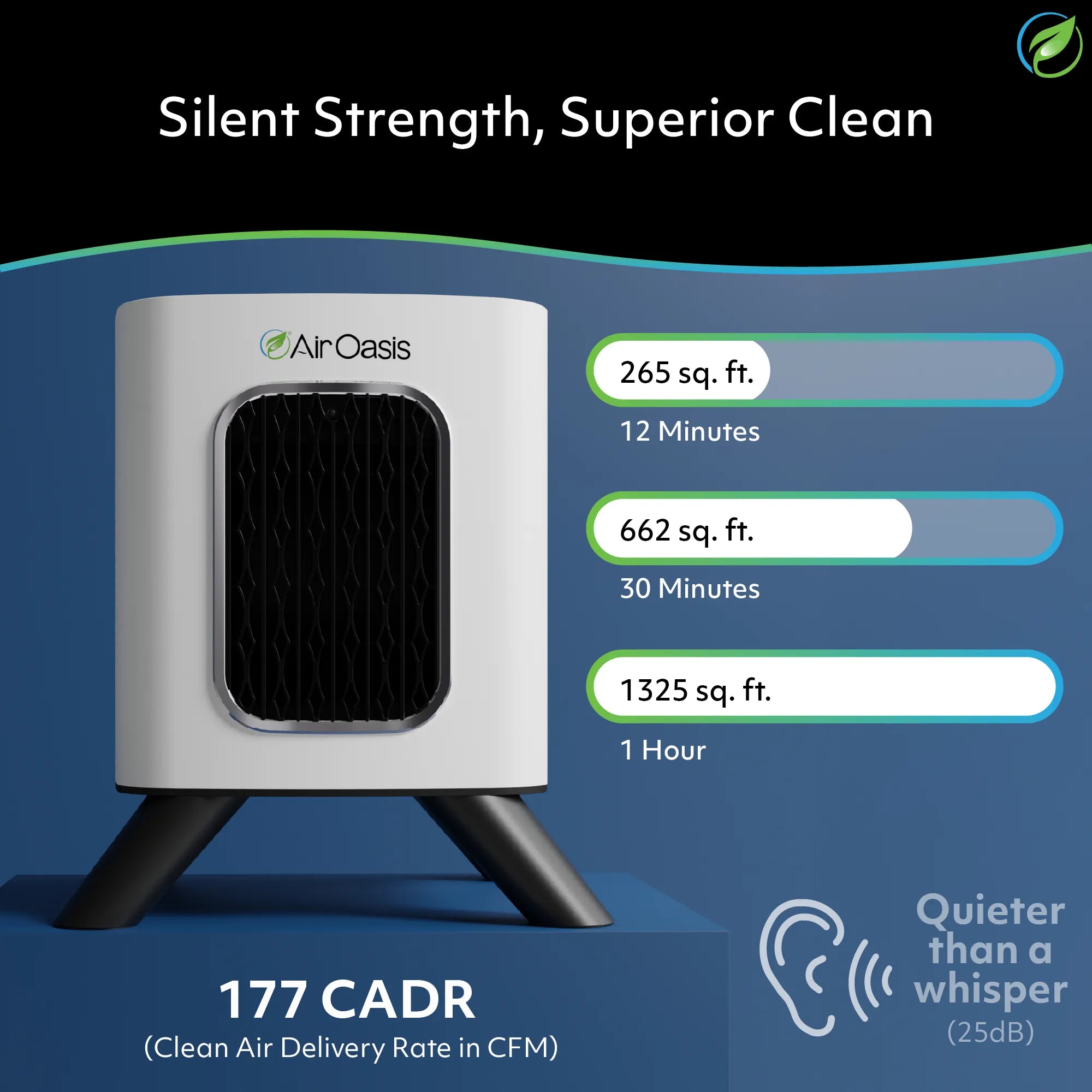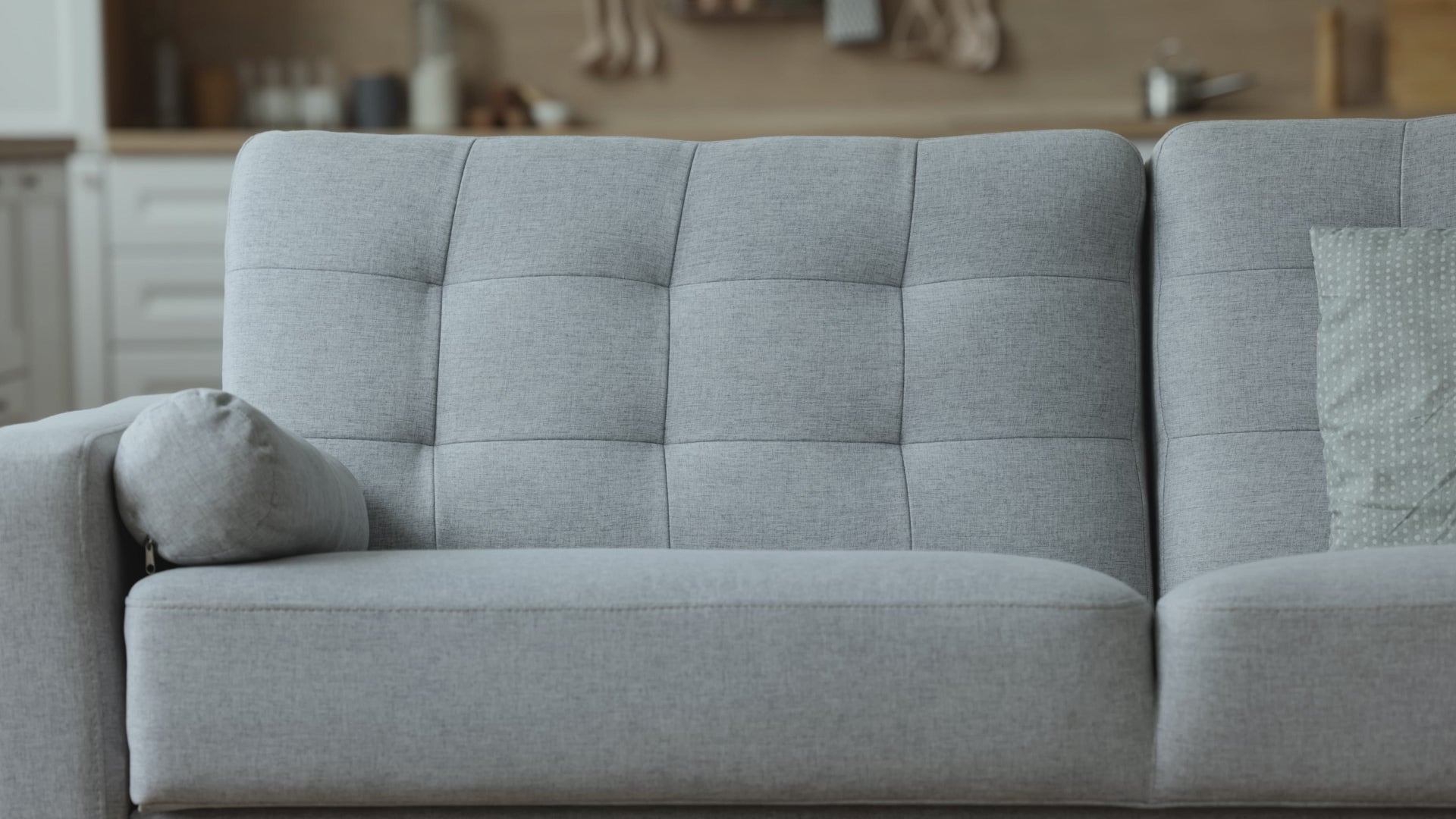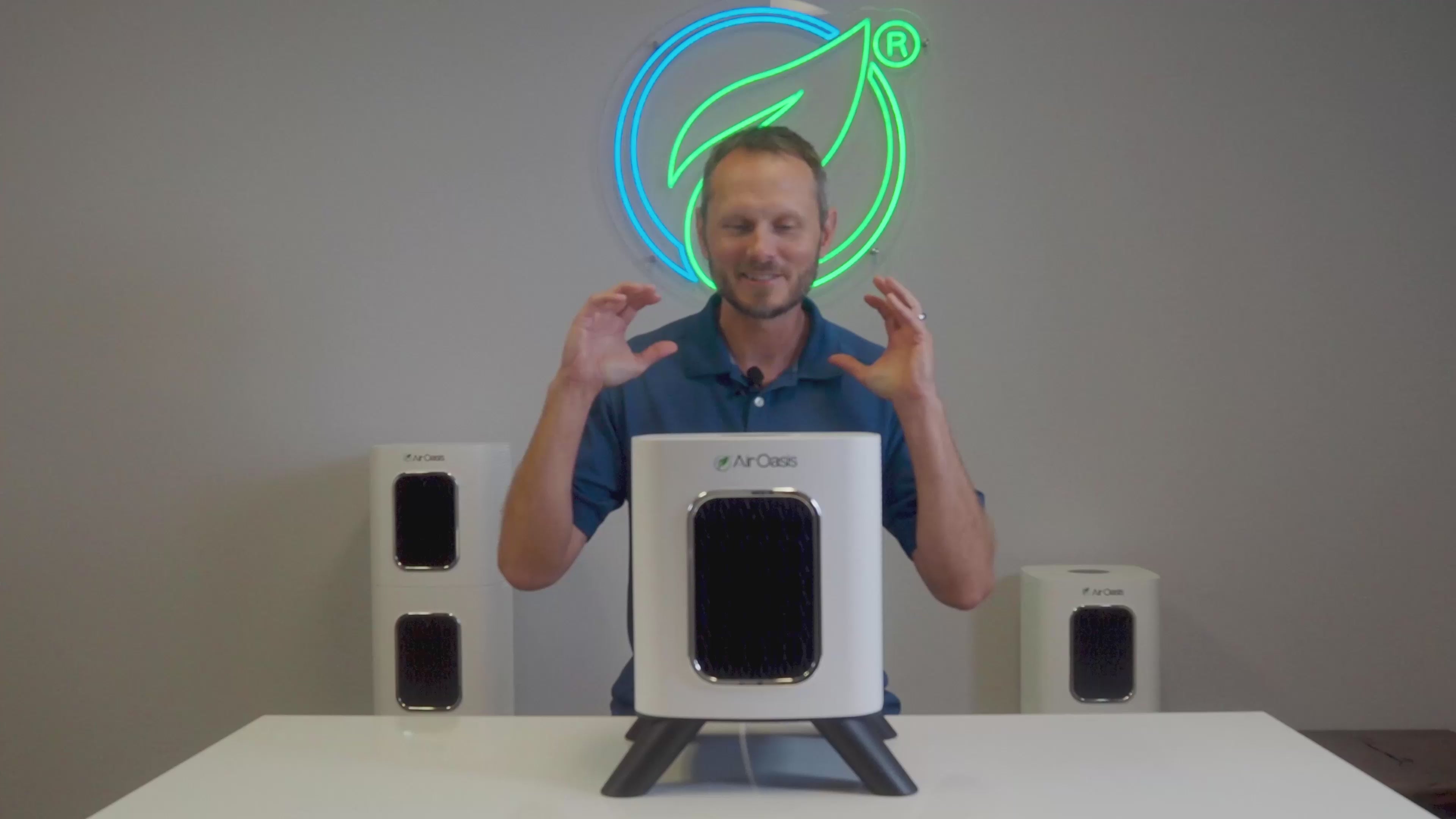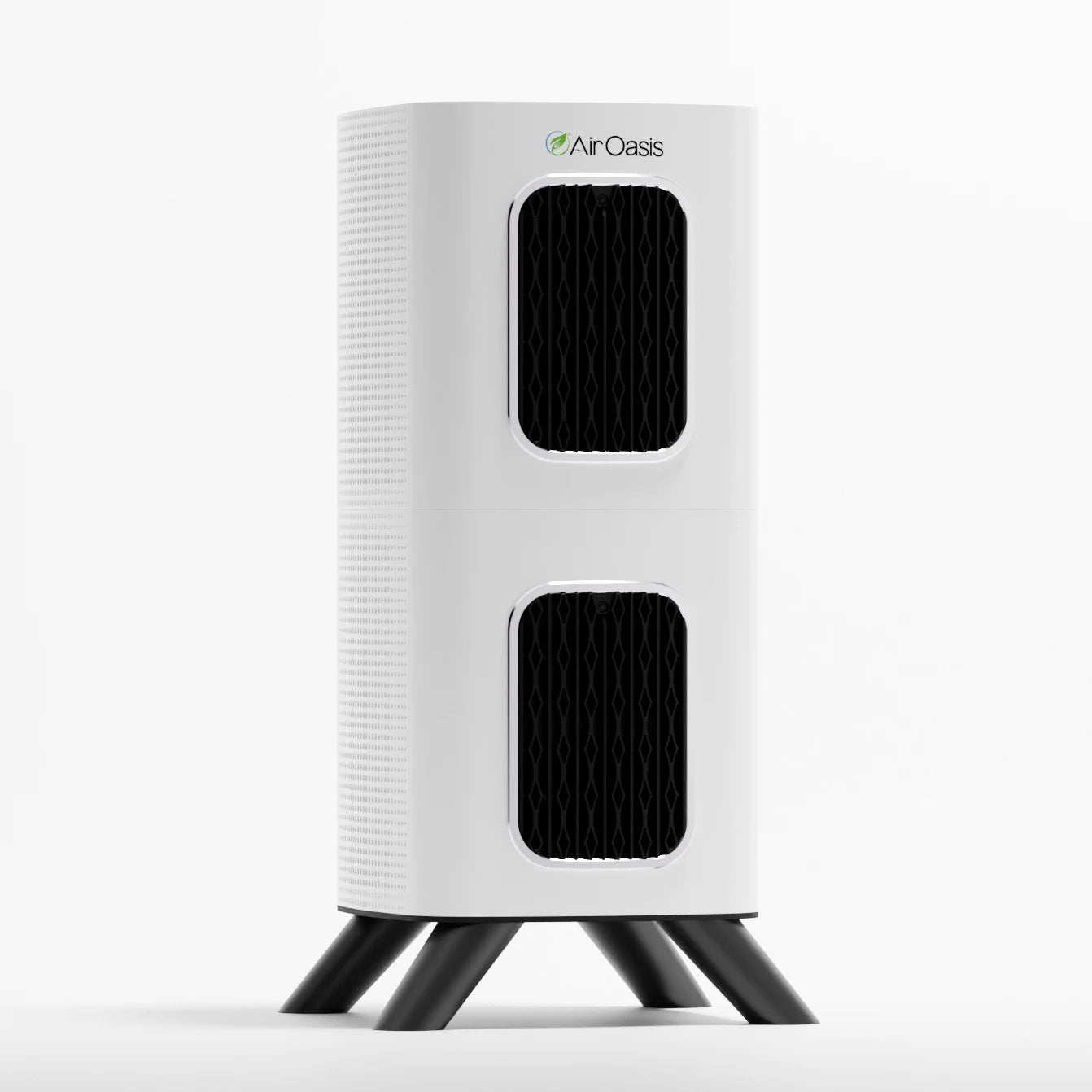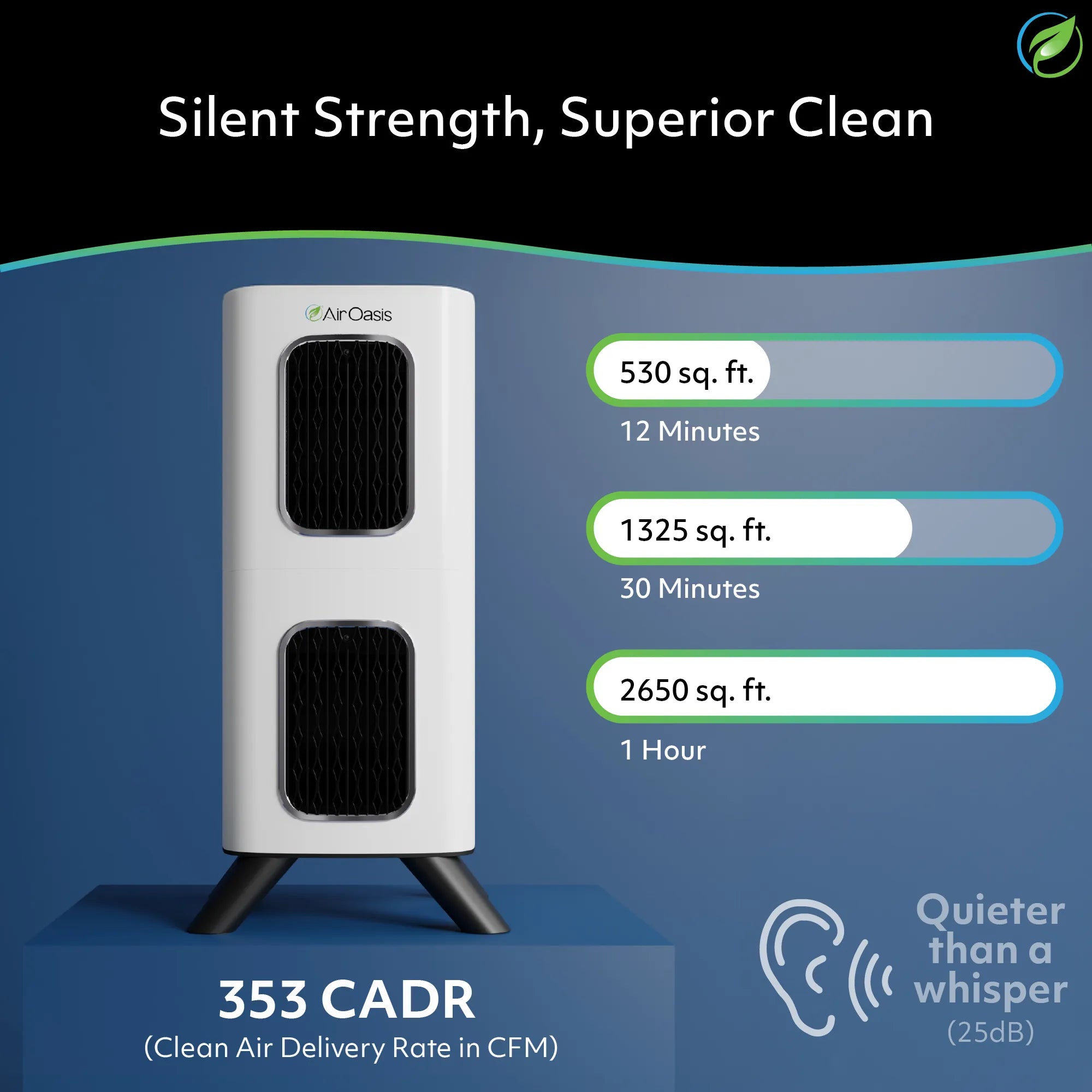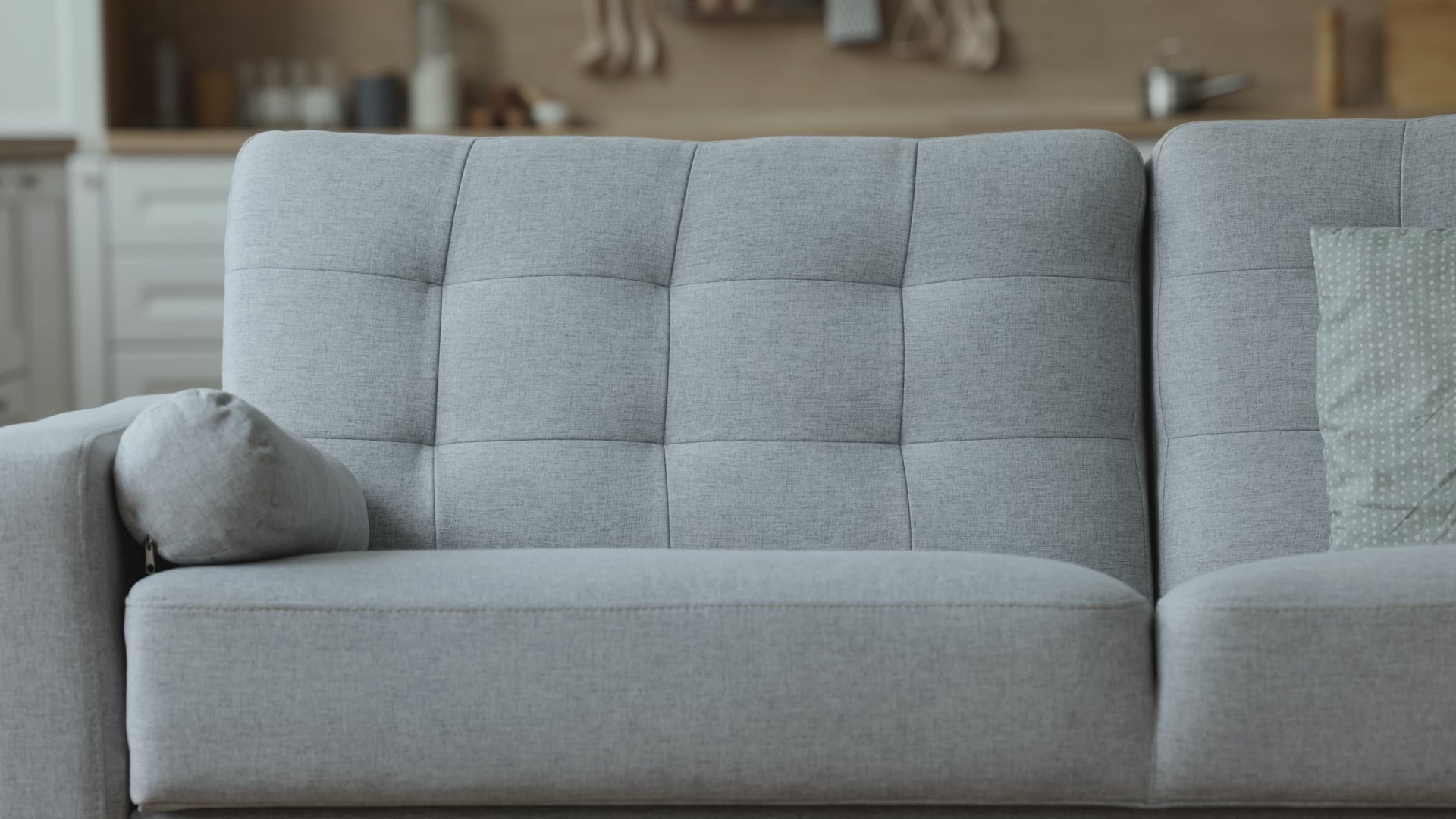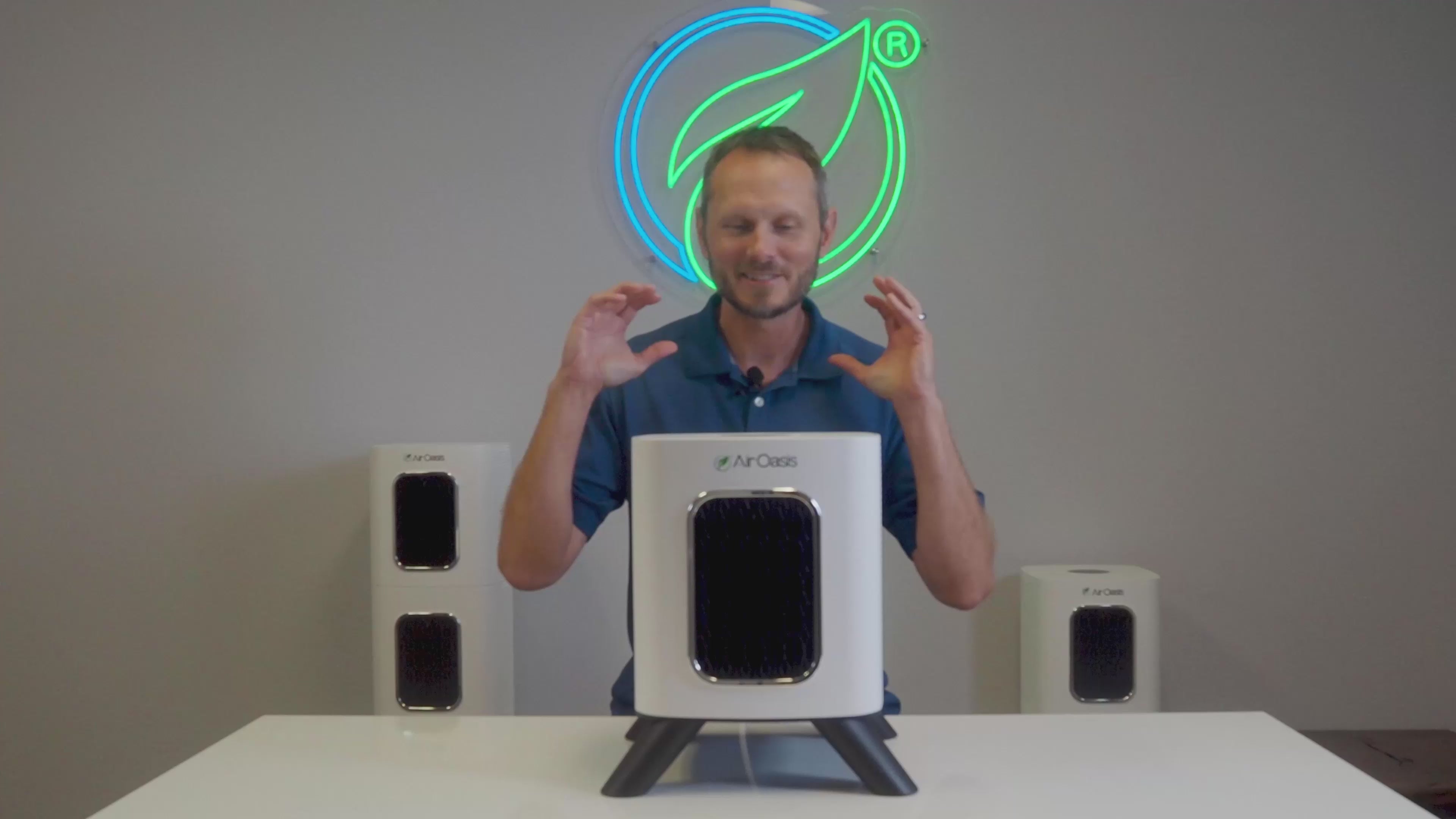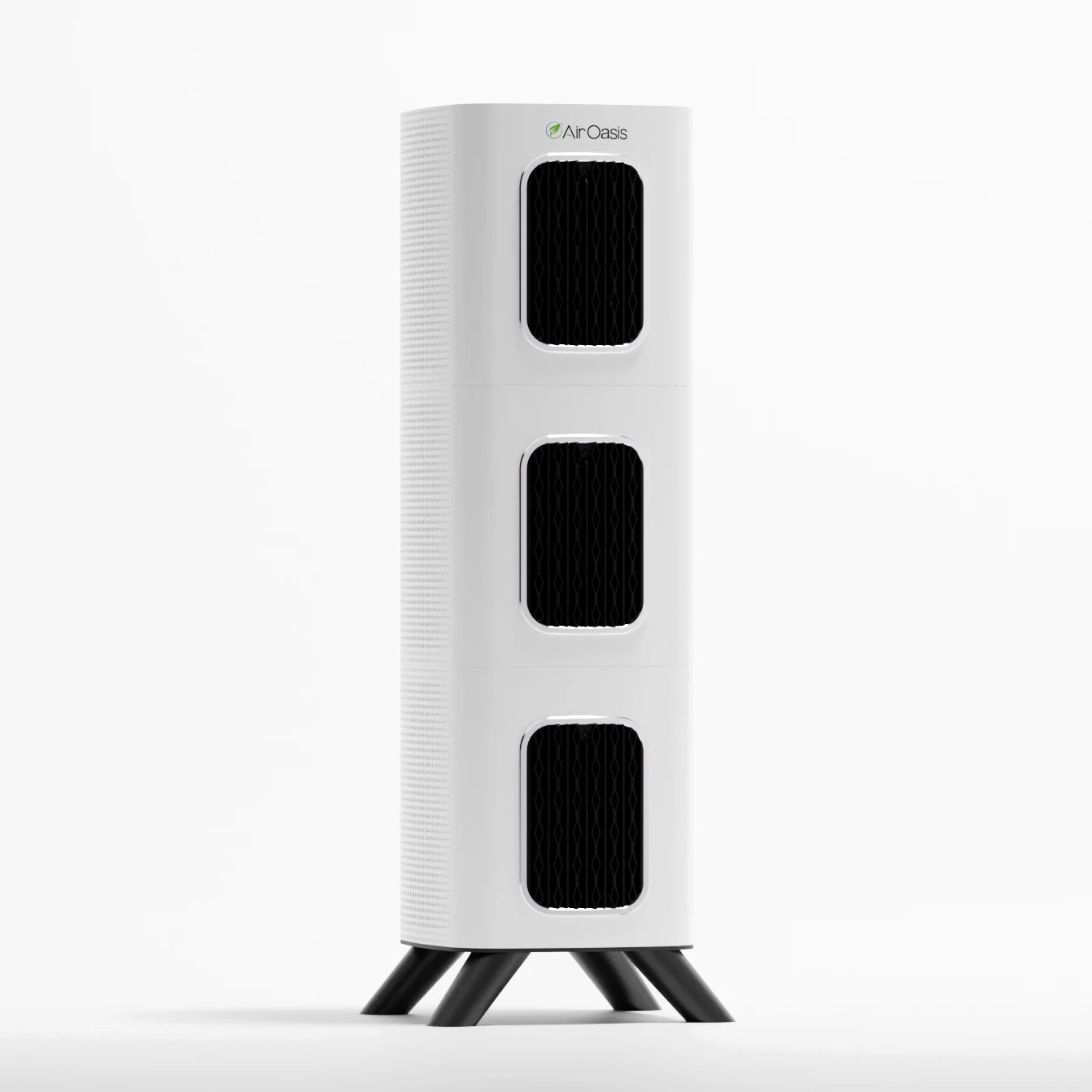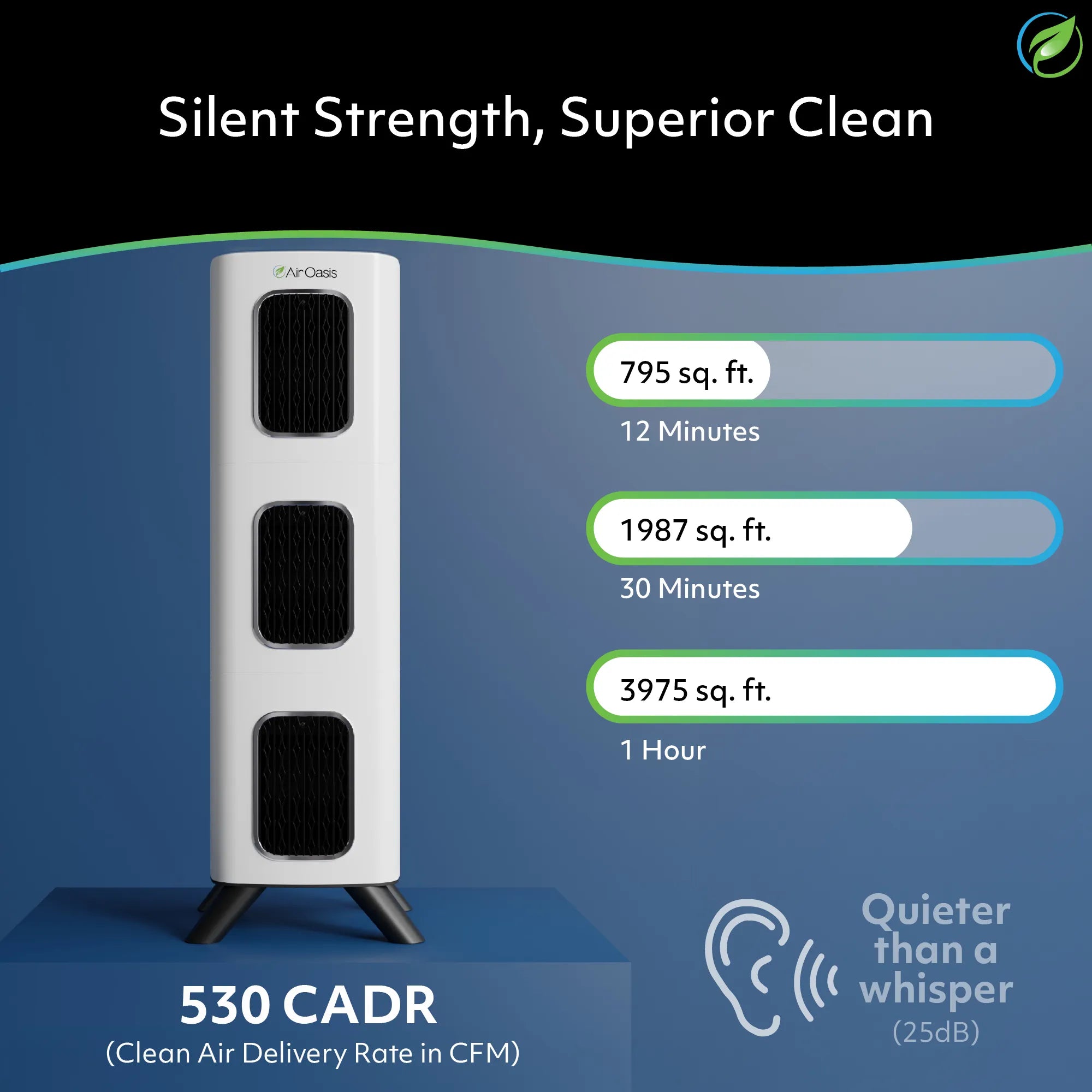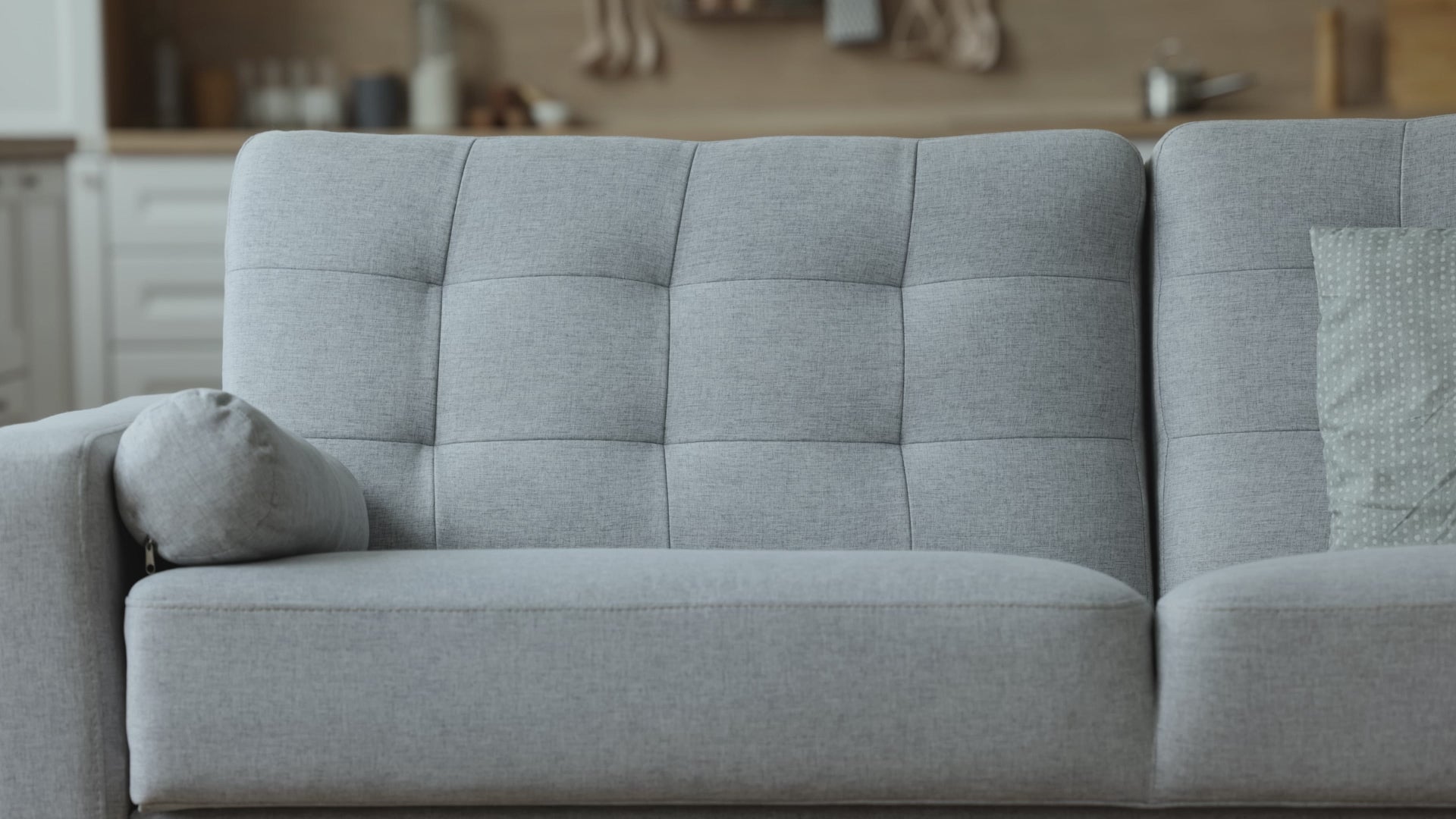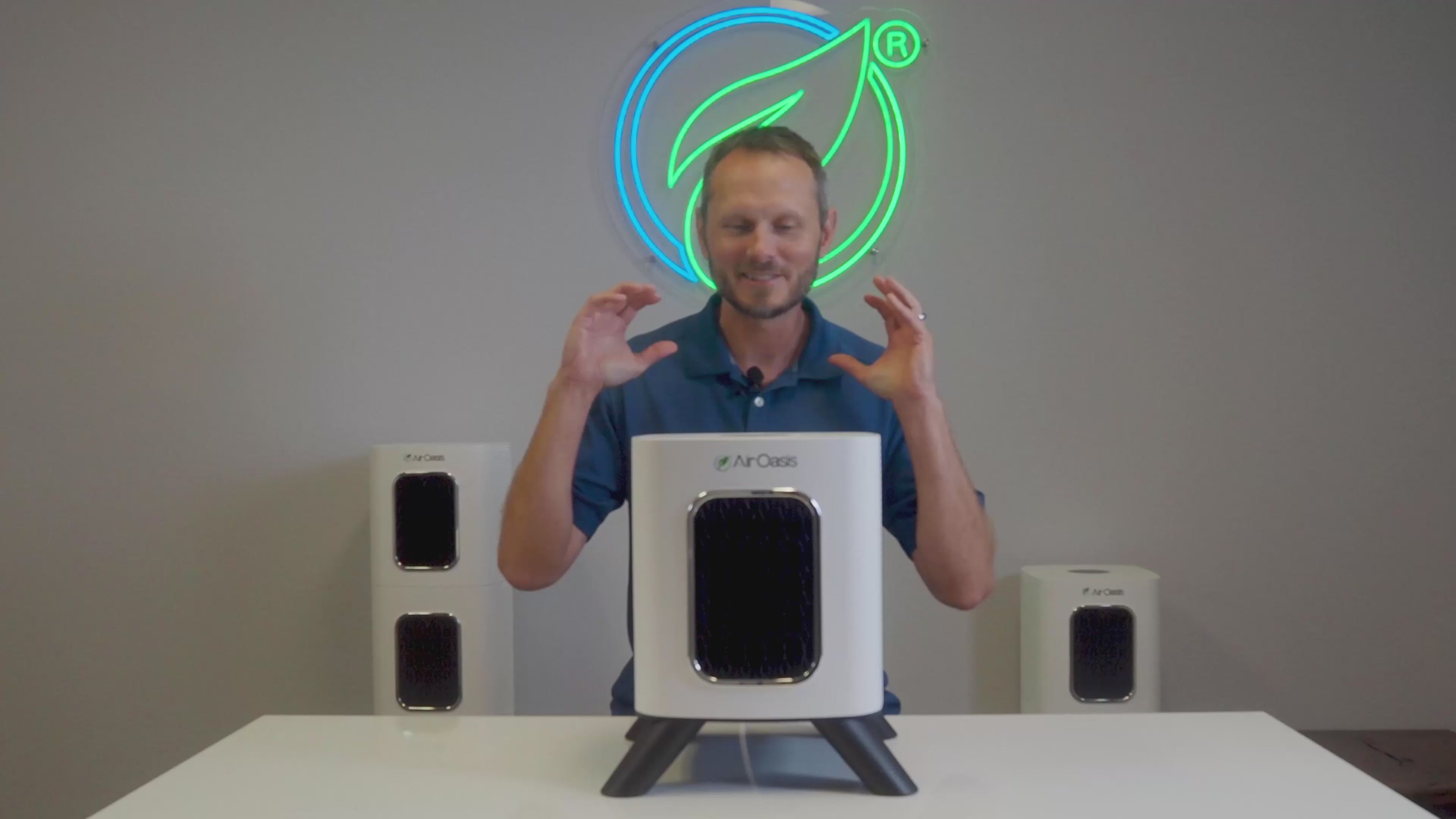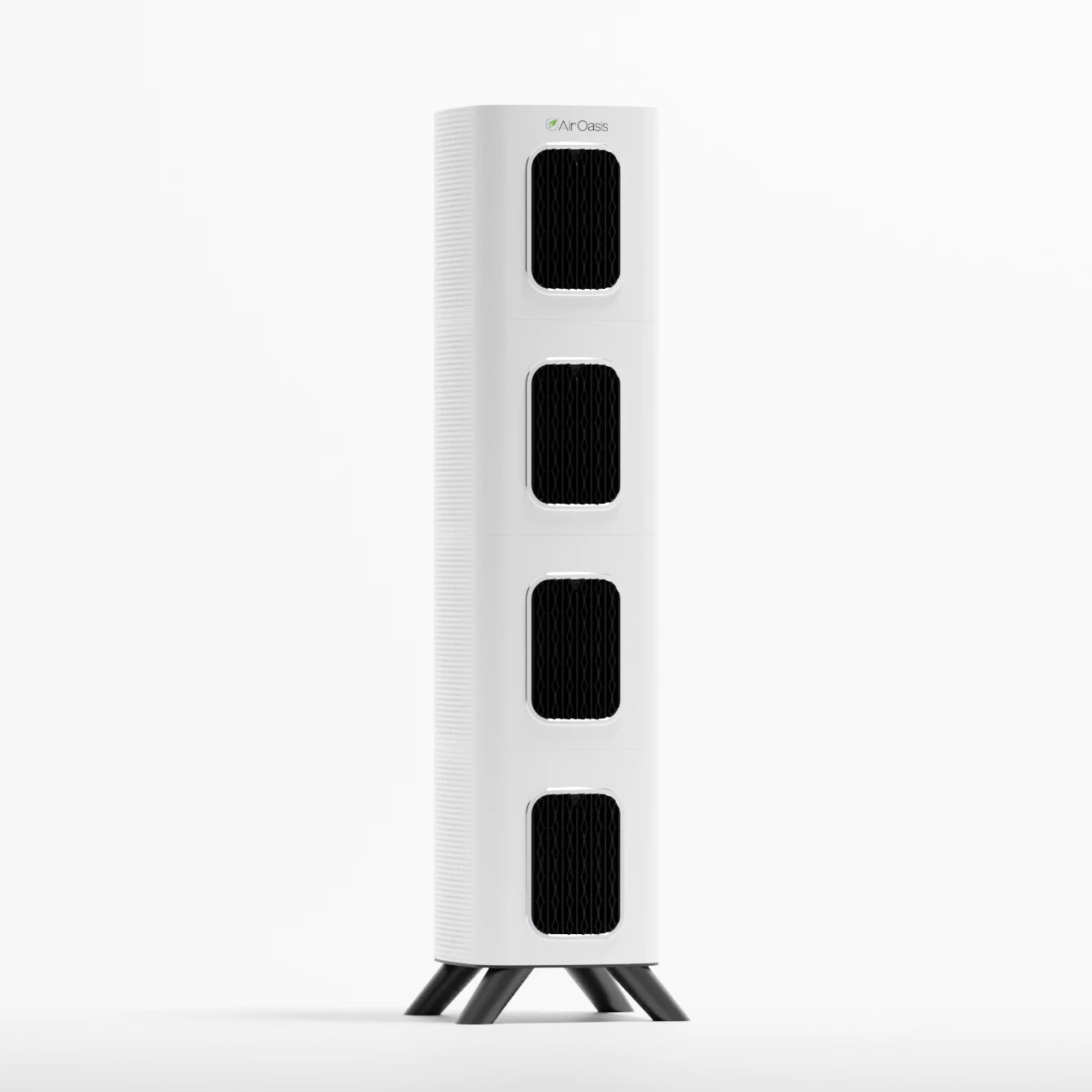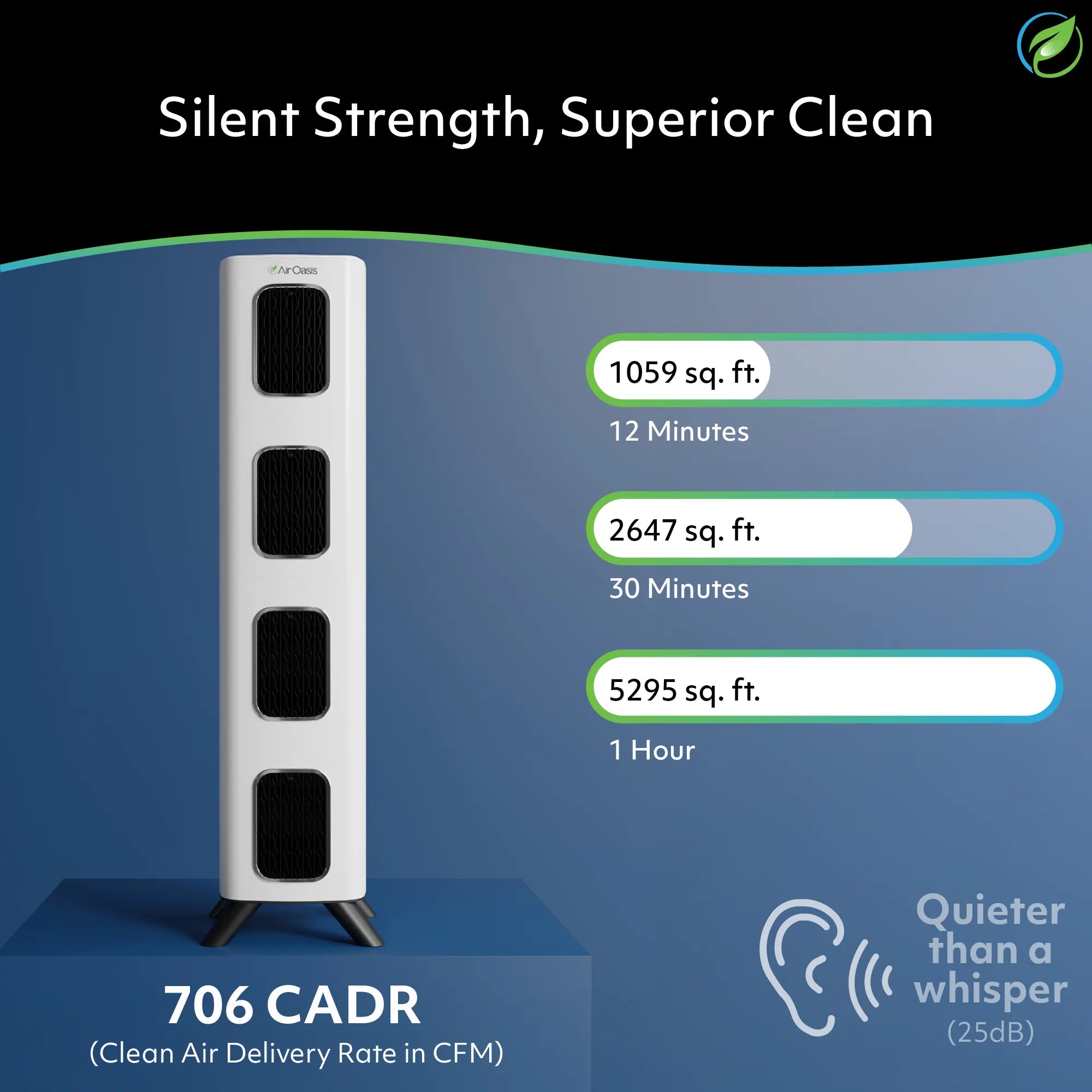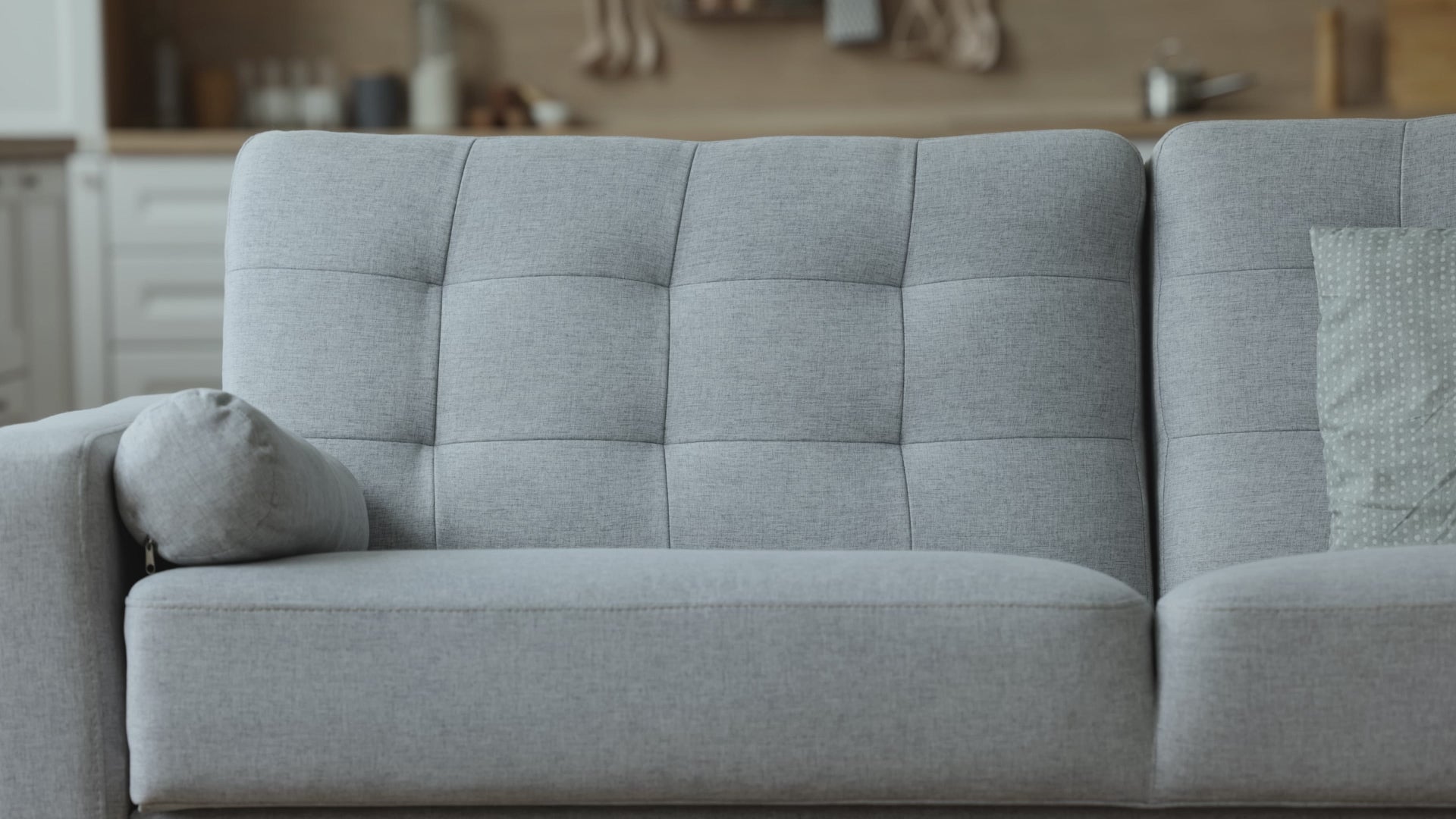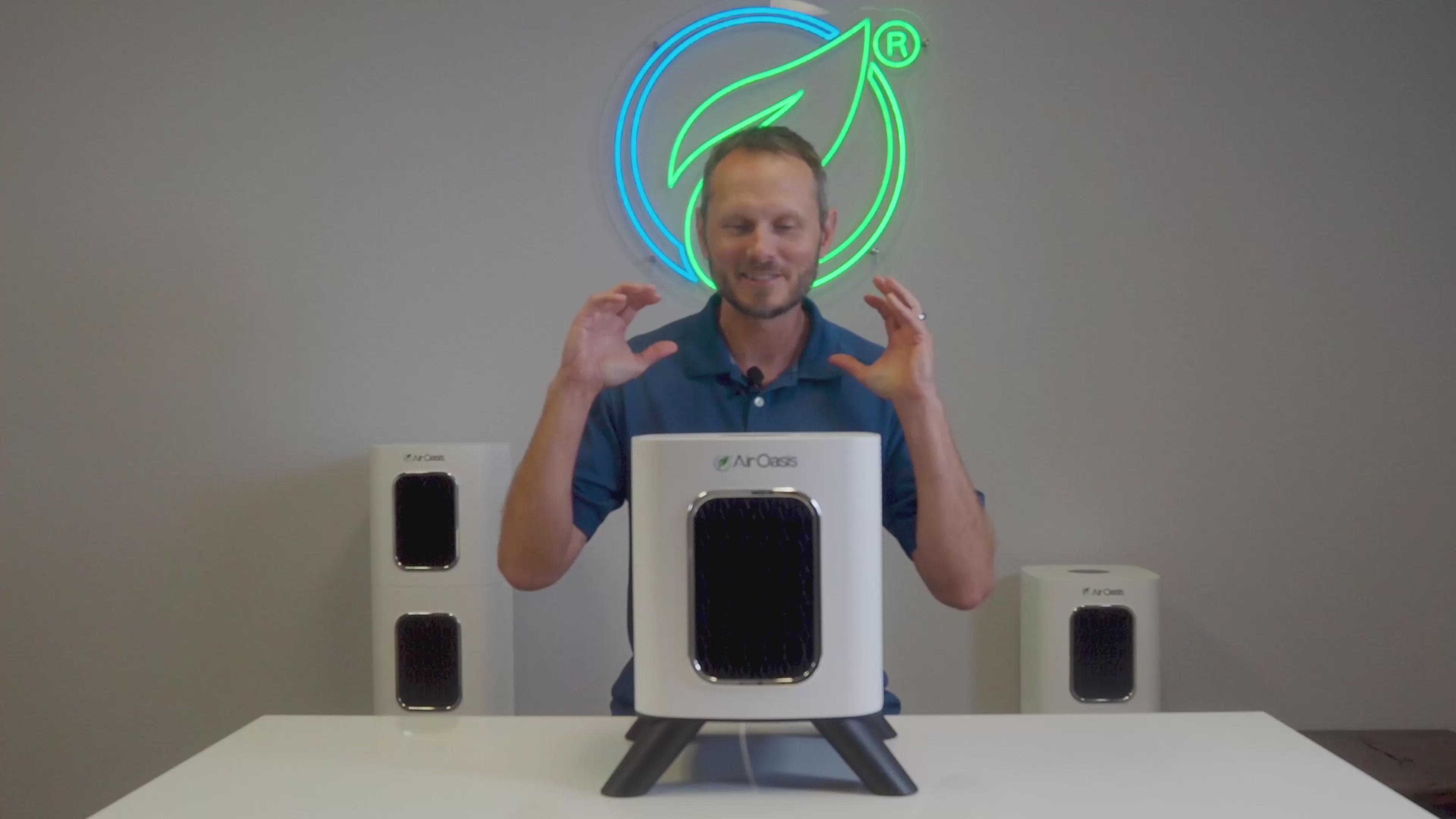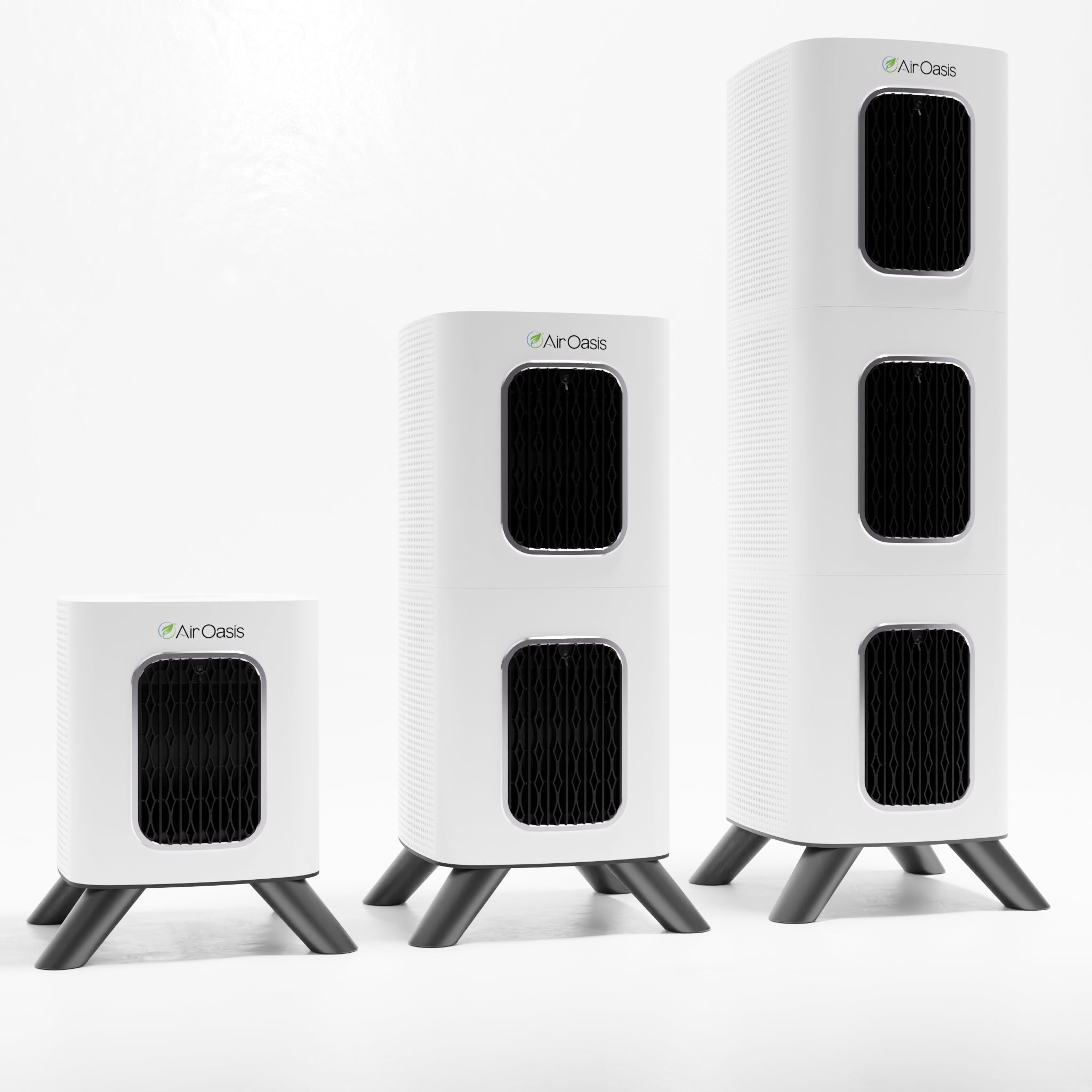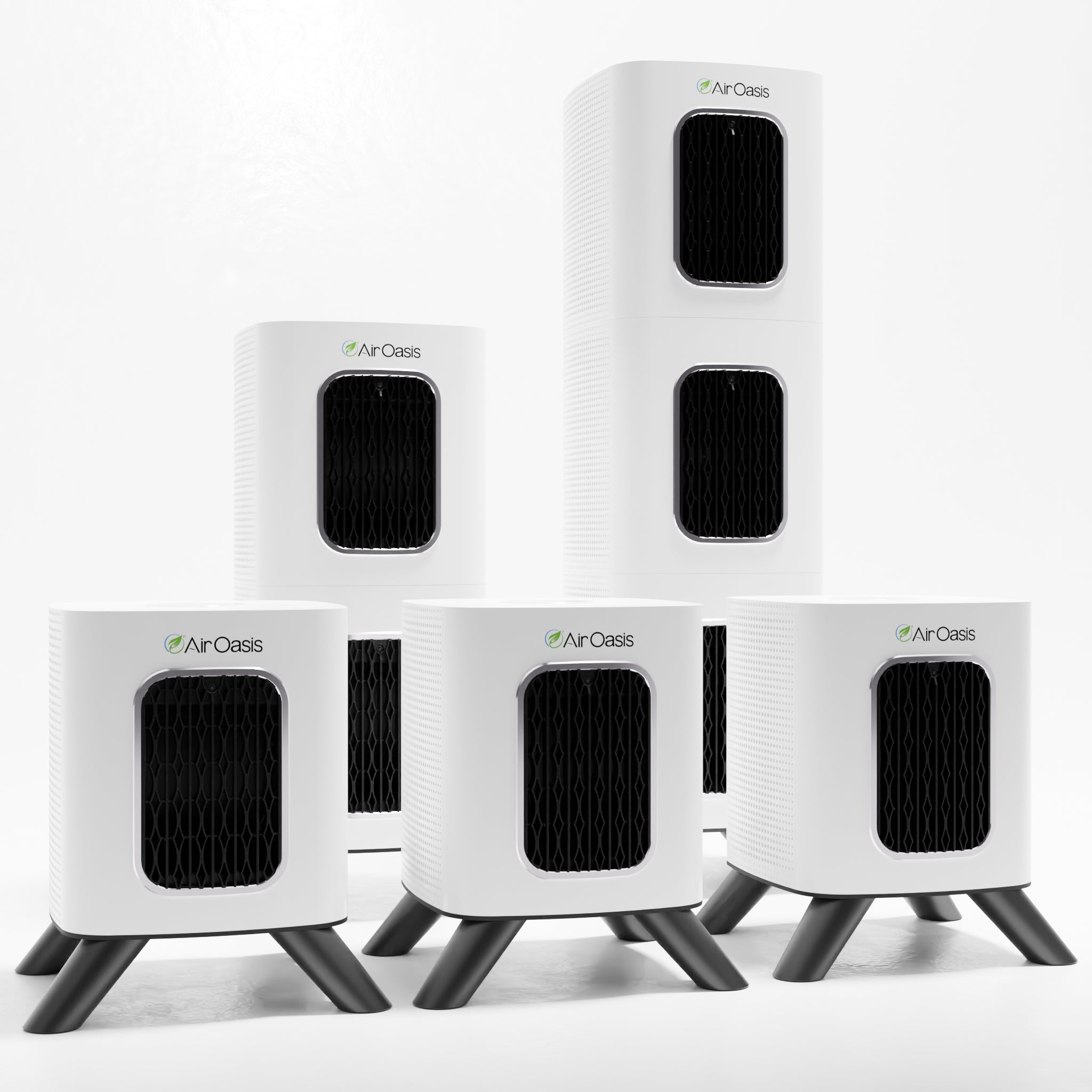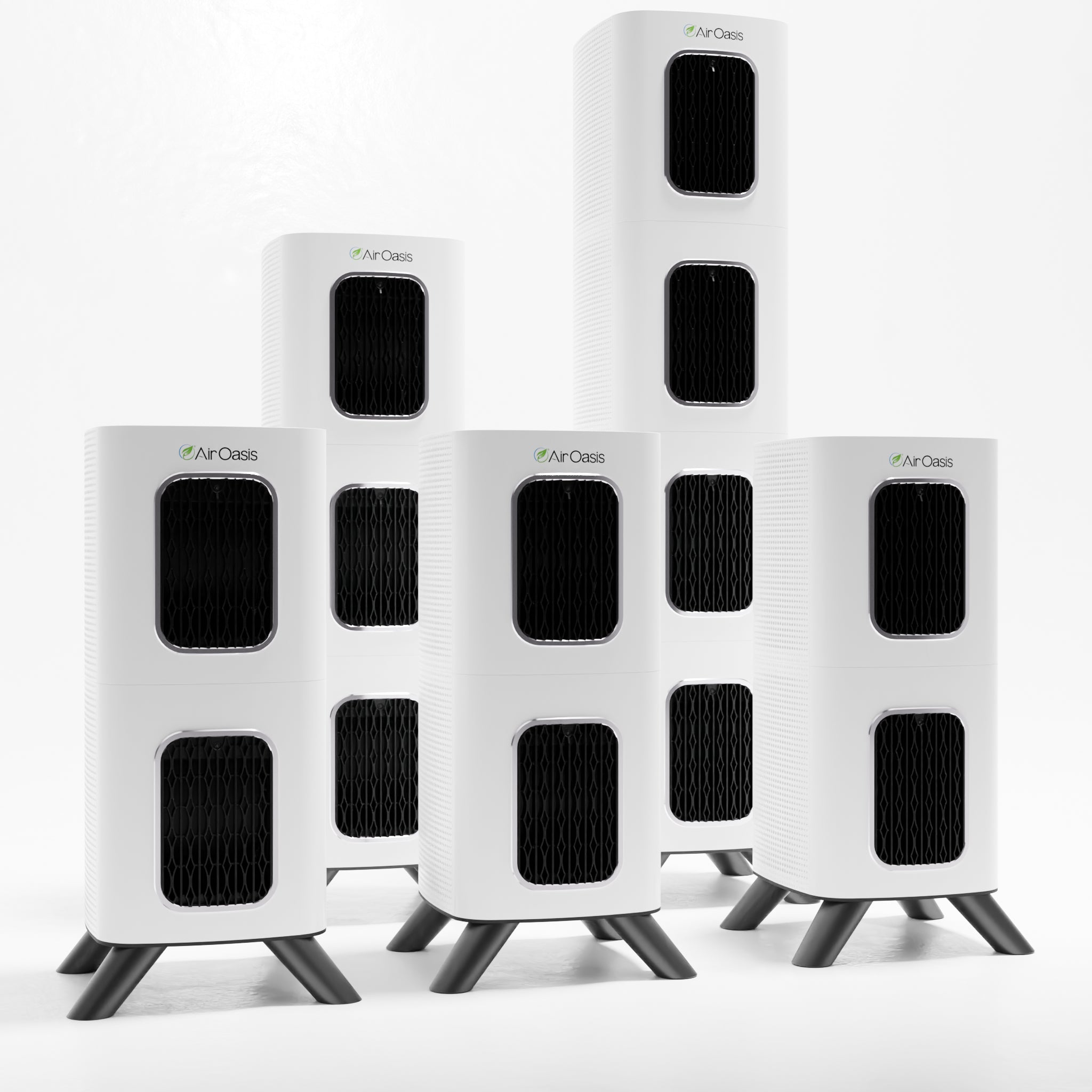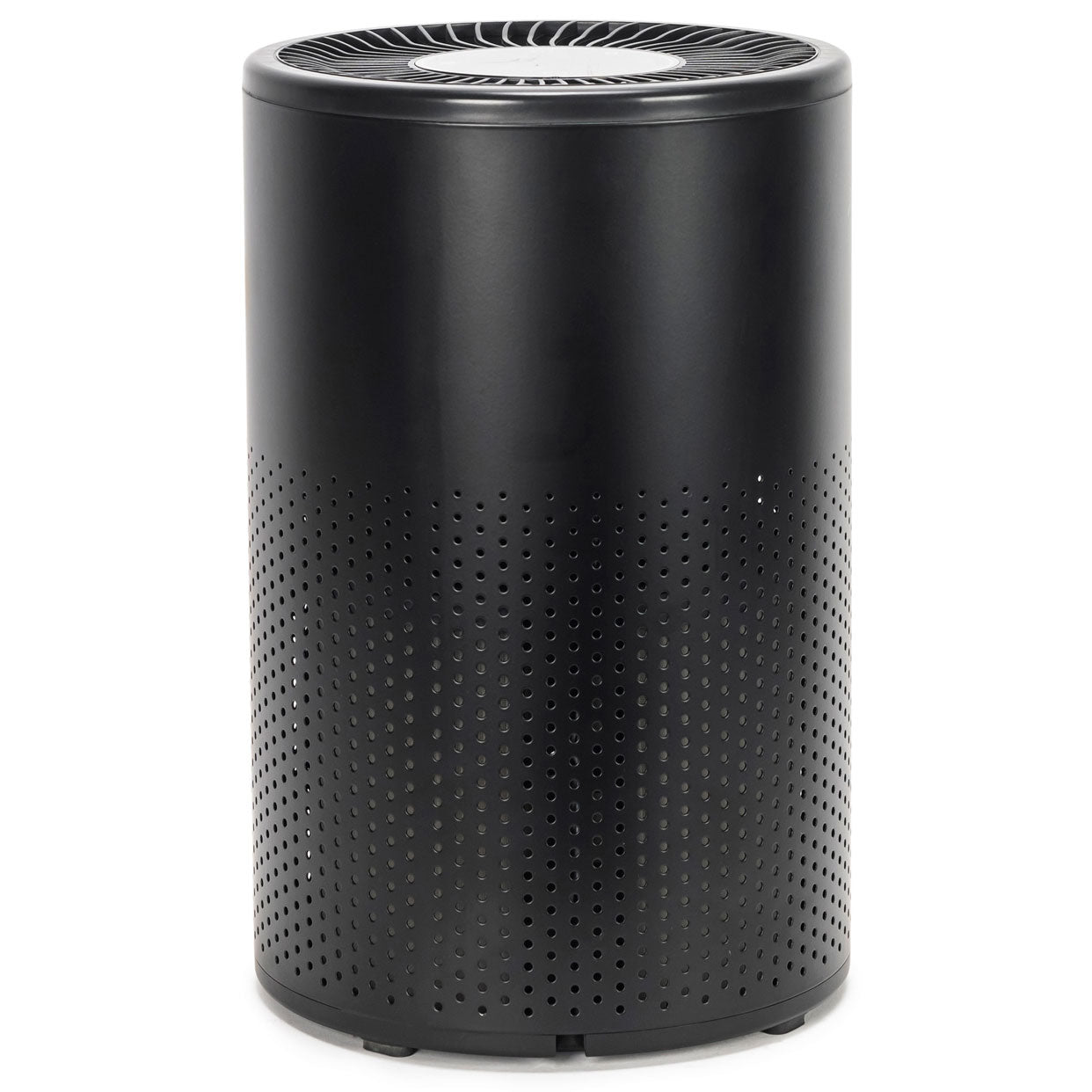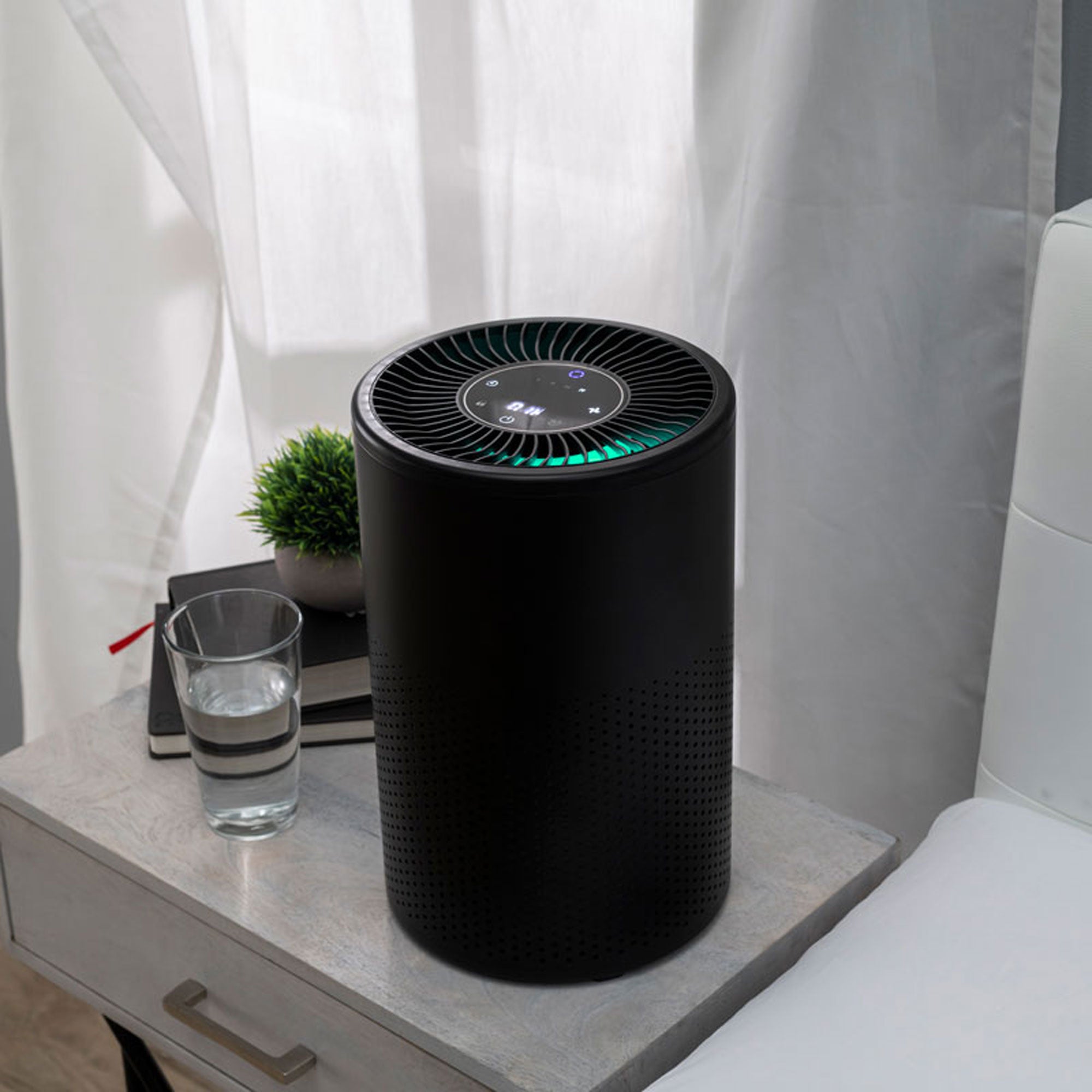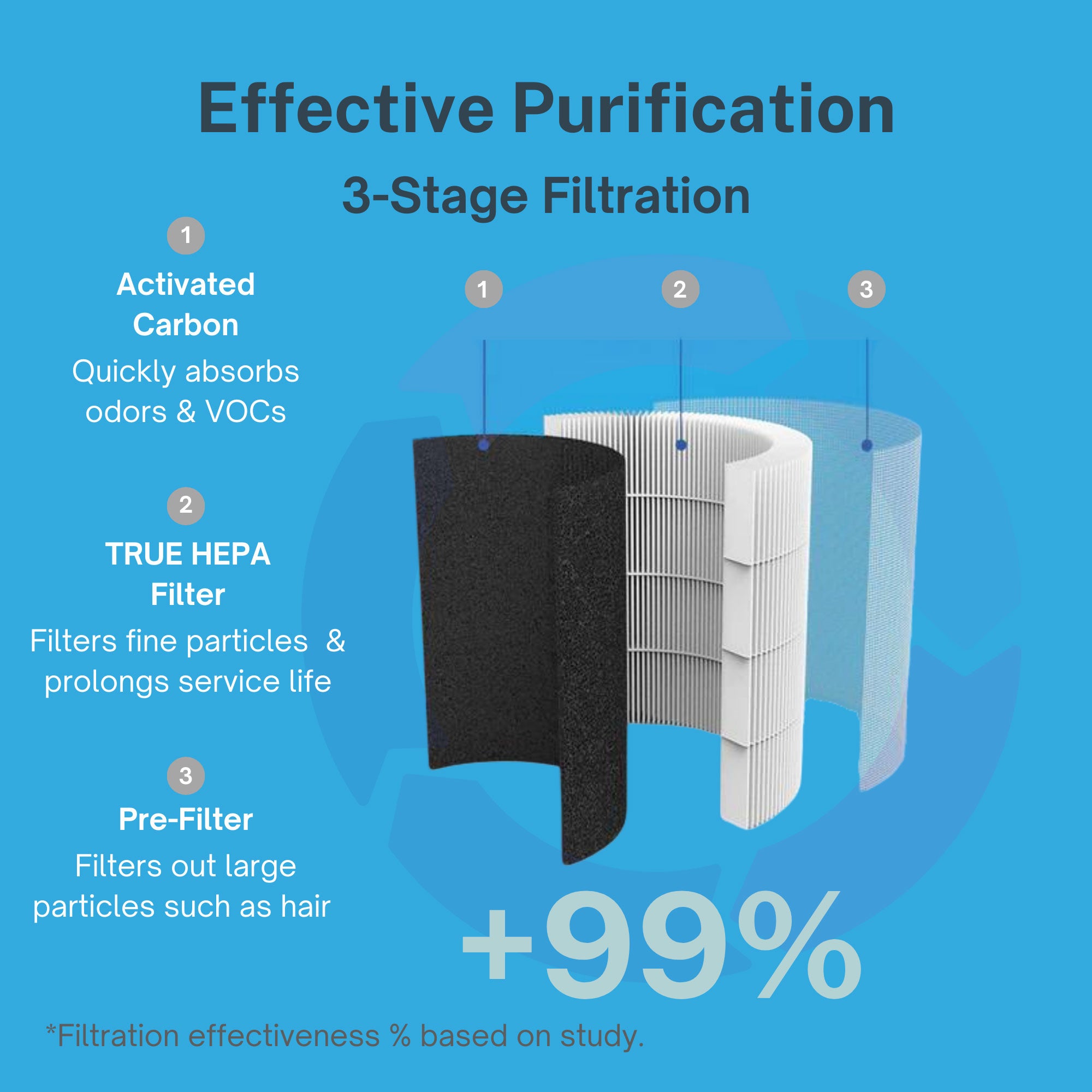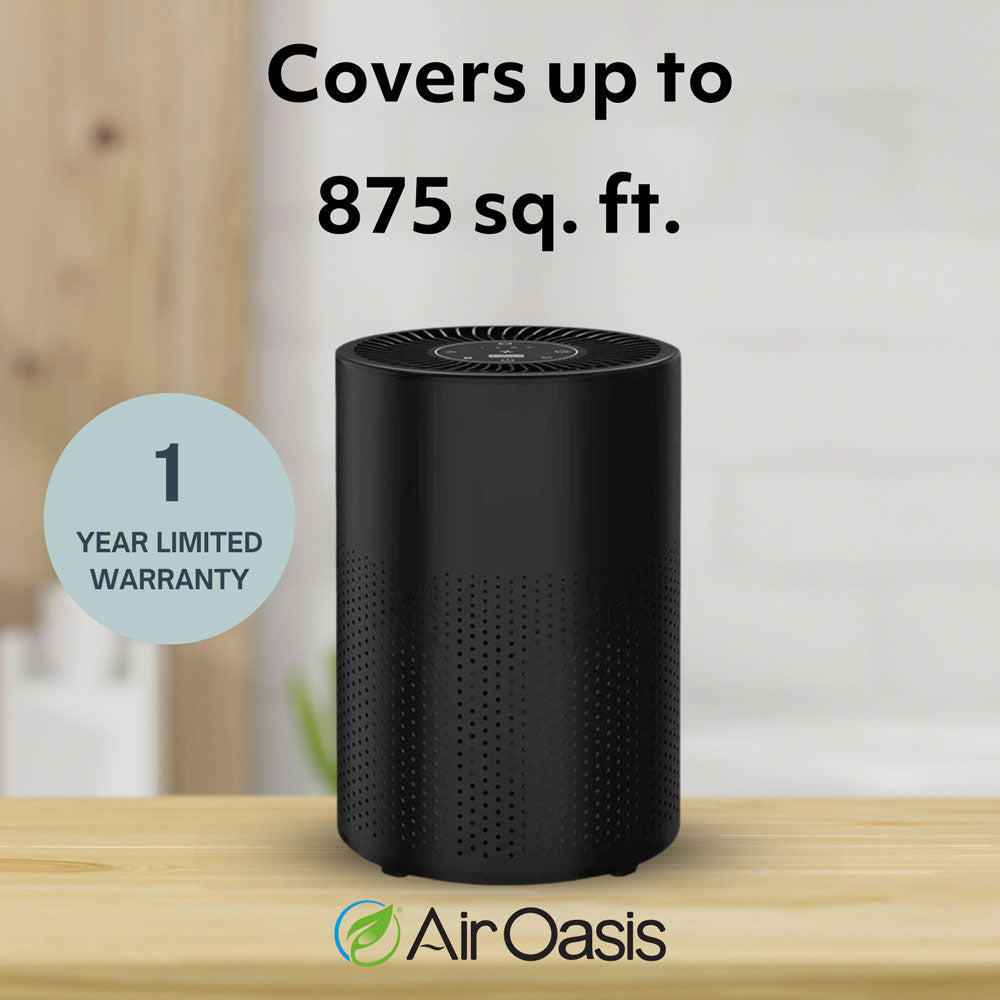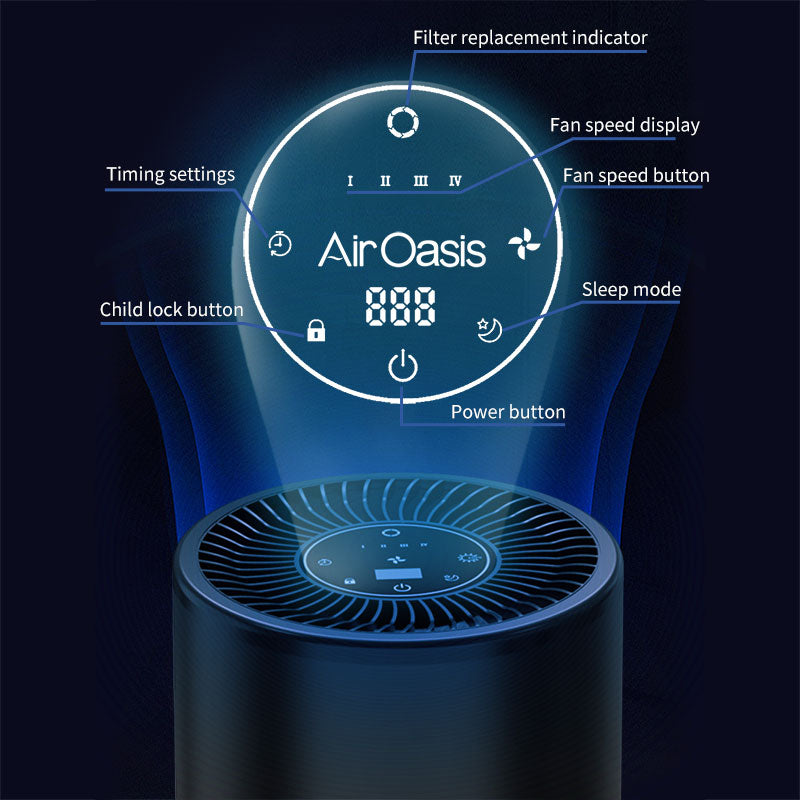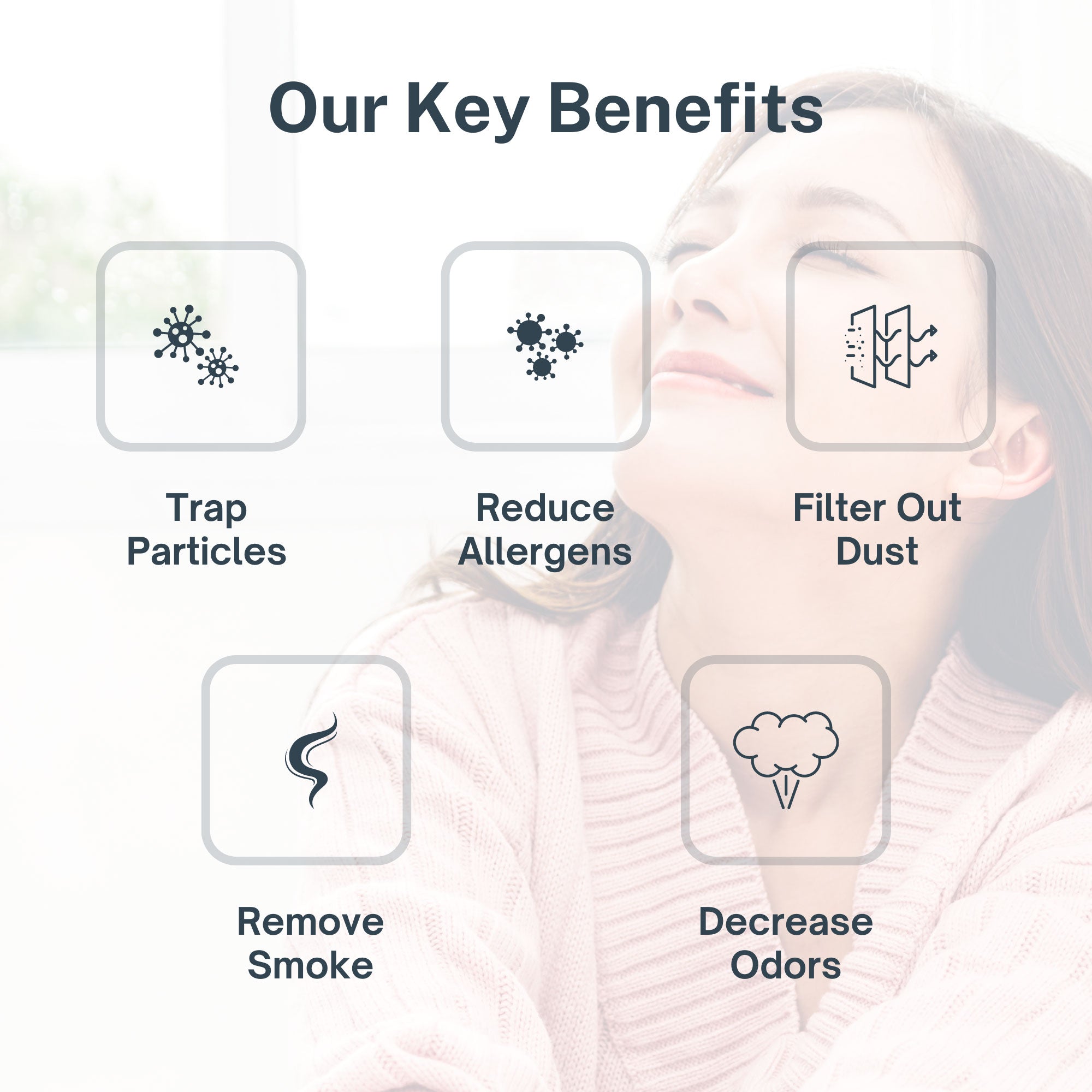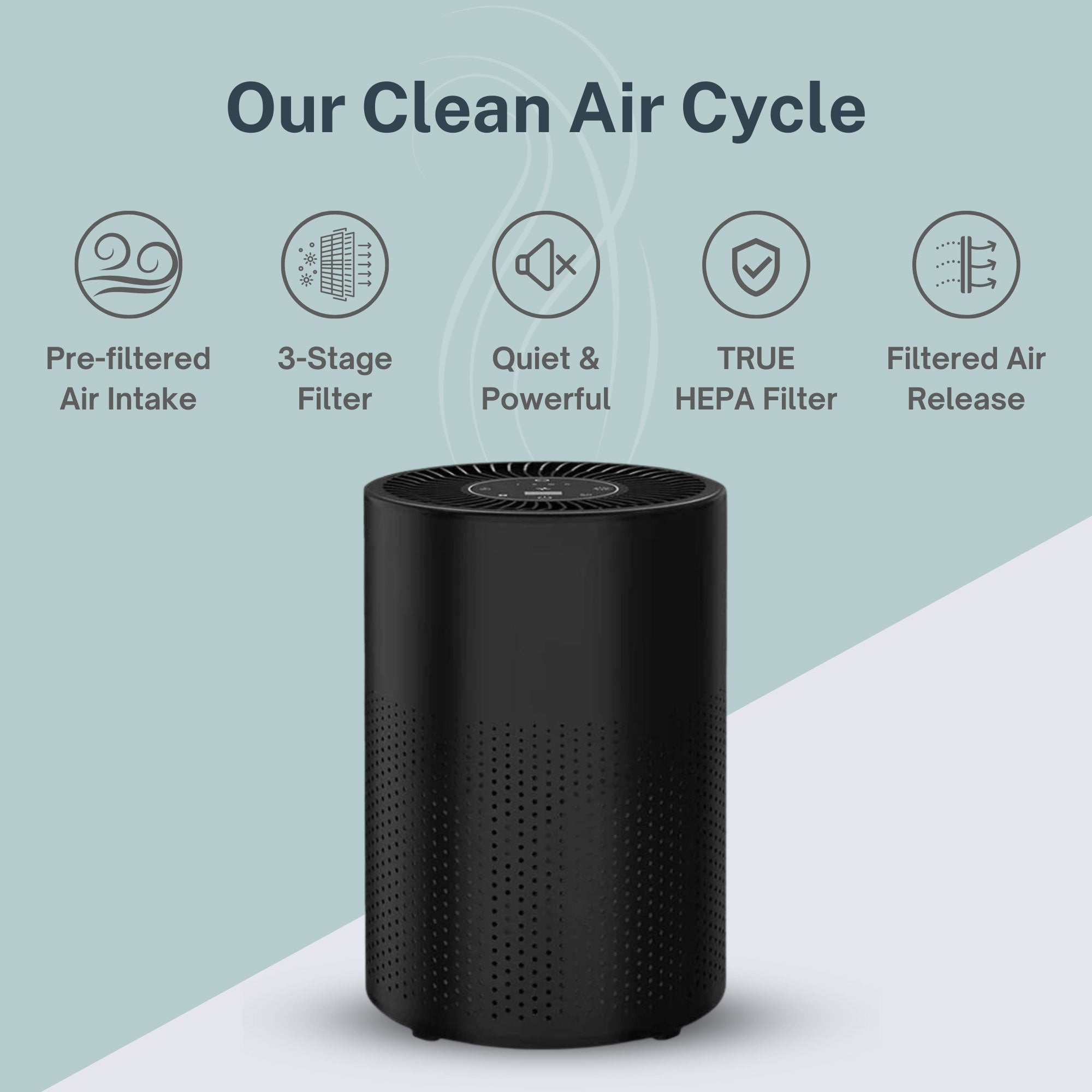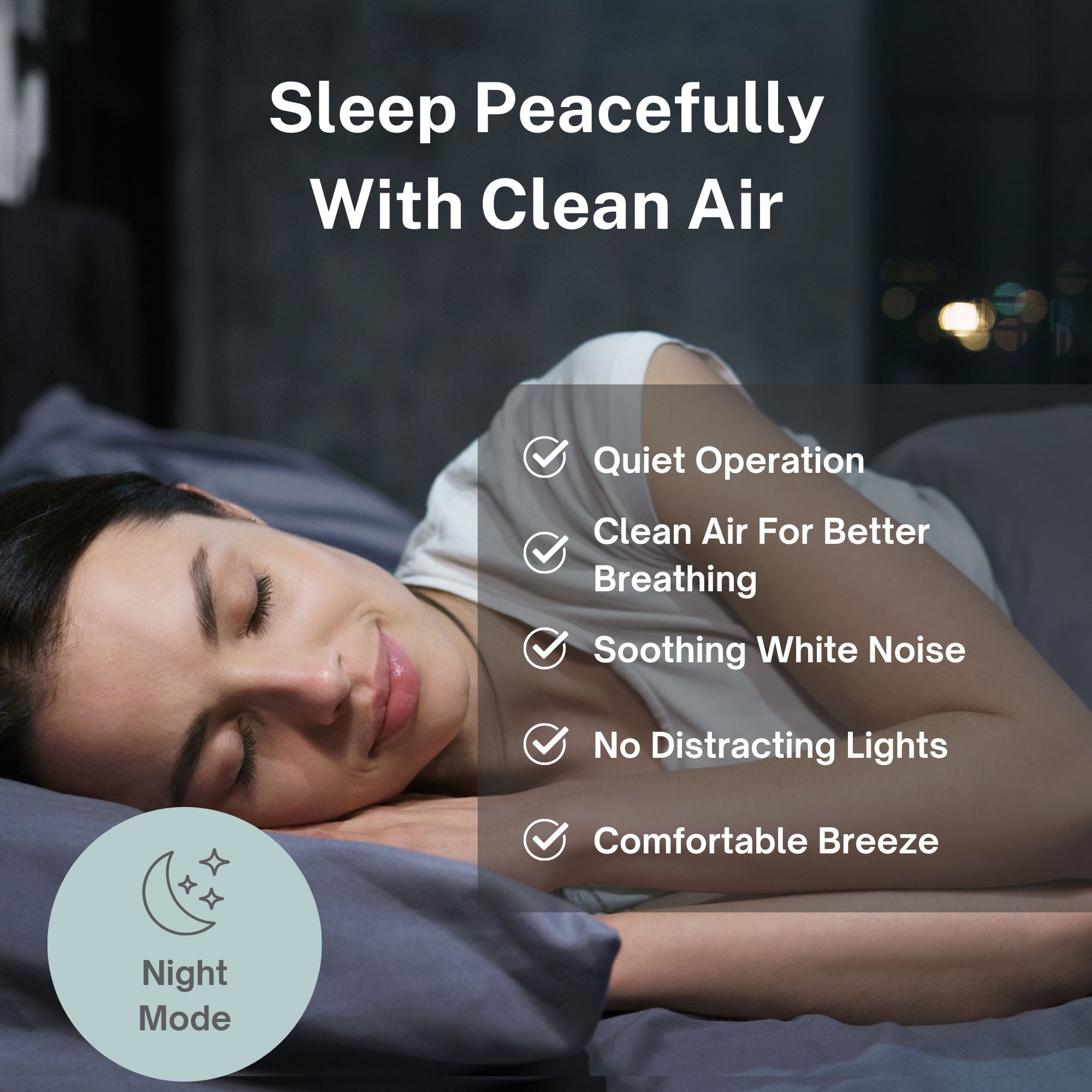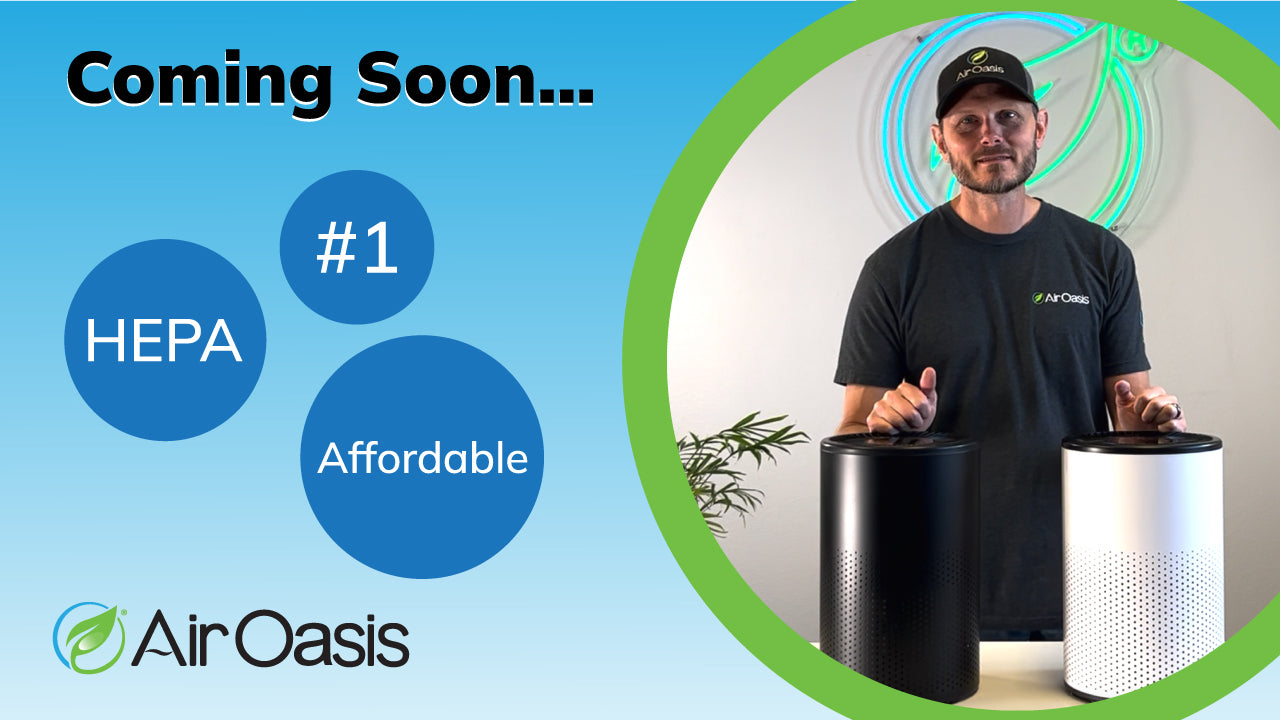At the most basic level, a humidifier is a household appliance that increases the level of humidity in the air. There are many different types of humidifiers, and choosing the best one for your needs can be a challenge with all the options available.
This guide will help you compare some of the best humidifier types and select the best humidifier for your home, based on factors such as room size, type of humidifier, and price.
By taking the time to research your options, you can find a humidifier that will provide you with years of comfortable, healthy indoor air quality.
Hot Steam vs. Cool Mist
Hot steam humidifiers work by boiling water to create steam, which is then released into the air. These humidifiers are effective at restoring moisture to the air and can help to relieve congestion and coughing.
However, hot steam humidifiers aren’t always the most energy-efficient option for improving indoor air quality. They also bring potential risks associated with hot water and steam. Parents with young children are advised to consider alternatives to hot steam humidifiers.
Cool mist humidifiers, on the other hand, use either evaporation or ultrasonic (sound wave) technology to turn water into a fine mist. These humidifiers are safe to use around children and pets, and they are often quieter and more energy-efficient than hot steam humidifiers.
Note: Whenever you see the word “cool” used in a description of a humidifier, it means that the humidifier type adds moisture to air without the use of heat.
Evaporative vs. Ultrasonic
Evaporative humidifiers work by drawing in dry air and passing it over a wet wick or filter. As the air passes over the wet surface, water is evaporated into the air, increasing the overall humidity level.
Ultrasonic humidifiers use relatively new technology that activates ultrasonic vibrations to create a fine mist, which is then released into the air.
Both types of humidifiers can be effective at improving indoor air quality, but they have some key differences.
Evaporative humidifiers are typically less expensive than ultrasonic humidifiers, but they are also less effective at increasing humidity levels.
Ultrasonic humidifiers may be more expensive, but they can provide a higher level of humidity and indoor air quality with a lower energy footprint.
Humidifiers vs. Diffusers
Is there a difference between humidifiers vs. diffusers?
On the surface, they seem like similar devices. After all, they both add “something” to the air.
However, diffusers don’t change the overall level of moisture in your air. Diffusers are used exclusively to disperse fragrances or essential oils into a space.
While these fragrances or oils are dispersed in the form of vapor, it’s not enough to measurably alter the humidity level of the air. As a result, diffusers may have therapeutic qualities for relieving stress or inducing sleep, but they don’t improve indoor air quality.
So, which is the better choice for you? That depends on your needs. If you're looking for relief from congestion, difficulty breathing, or dry skin, a humidifier is the best option.
If you're simply interested in enjoying the benefits of essential oils, then a diffuser is the way to go. That said, there are some humidifier-diffuser combinations that accomplish both goals with one device.
Small vs. Large Tank Capacity
When choosing a humidifier, one of the first decisions you'll need to make relates to the water tank capacity.
Smaller humidifiers are more affordable and take up less space, but they need to be refilled more often.
Large-capacity humidifiers cost more upfront, but they will run for longer periods of time before needing to be refilled.
If you have a large home or office, or you want to be able to run your humidifier regularly without constant tank changes, a large-capacity humidifier may be the better option.
If you're looking for a compact humidifier to use in a smaller space, a small-capacity model may be the way to go. Ultimately, the decision comes down to personal preference and your specific needs.
Humidifiers for Small vs. Large Areas
How do you know whether a humidifier is sufficient to raise the relative humidity of an indoor space?
Fortunately, the best humidifiers for small or large areas will tell you exactly how large of a space they can handle. For very large spaces, multiple humidifiers may be necessary.
The ideal relative humidity level for indoor spaces is between 30 and 50 percent, so if you're hoping to maintain this range in a space larger than the stated capabilities of your humidifier model, multiple humidifiers may be needed to get the job done.
Not only will this improve your indoor air quality, but it will also help you (and anyone else in your office or workplace) to breathe easier and avoid all sorts of uncomfortable ailments.
Smart vs. Non-Smart Humidifiers
Smart humidifiers are able to connect to a Wi-Fi network and can be controlled via a mobile app. Users schedule when the humidifier turns on and off, monitor the humidity level and track any issues from a mobile device.
Other smart features include auto-shutoff when the tank is empty, preventing energy waste and alerting you that it’s time for a refill.
Non-smart humidifiers can only be turned on and off manually, either from the device itself or a short-range remote control.
It’s no surprise that smart humidifiers are generally more expensive than their “non-smart” counterparts. Consider how the device will be used and what features are most important. Connected devices may be regulated in some high-security workplaces, so keep that in mind as well.
Settings and Manufacturing
Available settings and manufacturing quality matter. Custom settings for your humidifier should go beyond a simple manual knob, letting you fine-tune how much moisture is released into the air for your perfect indoor air quality.
Speaking of quality — don’t undervalue the importance of manufacturing quality when choosing your humidifier. What seems like a simple device on the surface actually involves a delicate balance of components, and build quality will determine how long the humidifier will continue serving its function.
Durable materials and quality construction add up to a long lifespan, saving replacement costs down the road.
FAQ
When it comes to humidifiers, there’s often more than meets the eye (or air).
Here are some answers to the most frequently asked questions about humidifiers, straight from our experts at Air Oasis.
Q. How do ultrasonic humidifiers work?
A. Ultrasonic humidifiers work by generating high-frequency sound vibrations to create water droplets. (Note: These vibrations aren’t audible to human ears.) These water droplets are then released into the air, where they quickly evaporate. This process increases the amount of moisture in the air, which can improve indoor air quality.
Q. Why do I need a humidifier?
A. According to the EPA, indoor air quality is often two to five times worse than outdoor air quality. This is due to a variety of factors, including off-gassing from building materials, cleaning products, and furnishing, as well as moisture build-up from showers, cooking, and laundry.
Poor indoor air quality can lead to a variety of health problems, including headaches, fatigue, and difficulty breathing. A humidifier can help to improve indoor air quality by adding moisture to the air. This helps to reduce the amount of dust and other particles in the air, making it easier to breathe.
In addition, a humidifier can also help to relieve dry skin and nasal congestion. As a result, a humidifier can be an important tool for maintaining healthy indoor air quality.
Q. Are humidifiers safe?
A. While humidifiers can be safe when used correctly, there is a risk of developing mold or bacteria if the humidifier is not cleaned properly. This can lead to health problems, particularly for people with respiratory conditions such as asthma.
Some humidifiers also heat their water to form vapor, which carries inherent burn risks. It is important to follow the manufacturer's instructions for using and cleaning any humidifier.
Use Humidifiers and Air Purifiers Together for Comfortable Air
Humidifiers are one component of creating a more comfortable indoor experience. The other? Air purifiers.
Where humidifiers can make the air more comfortable, air purifiers help free the air from pesty allergens, dust, VOCs, and mold.
Want to explore our full lineup? Shop Air Oasis today.
